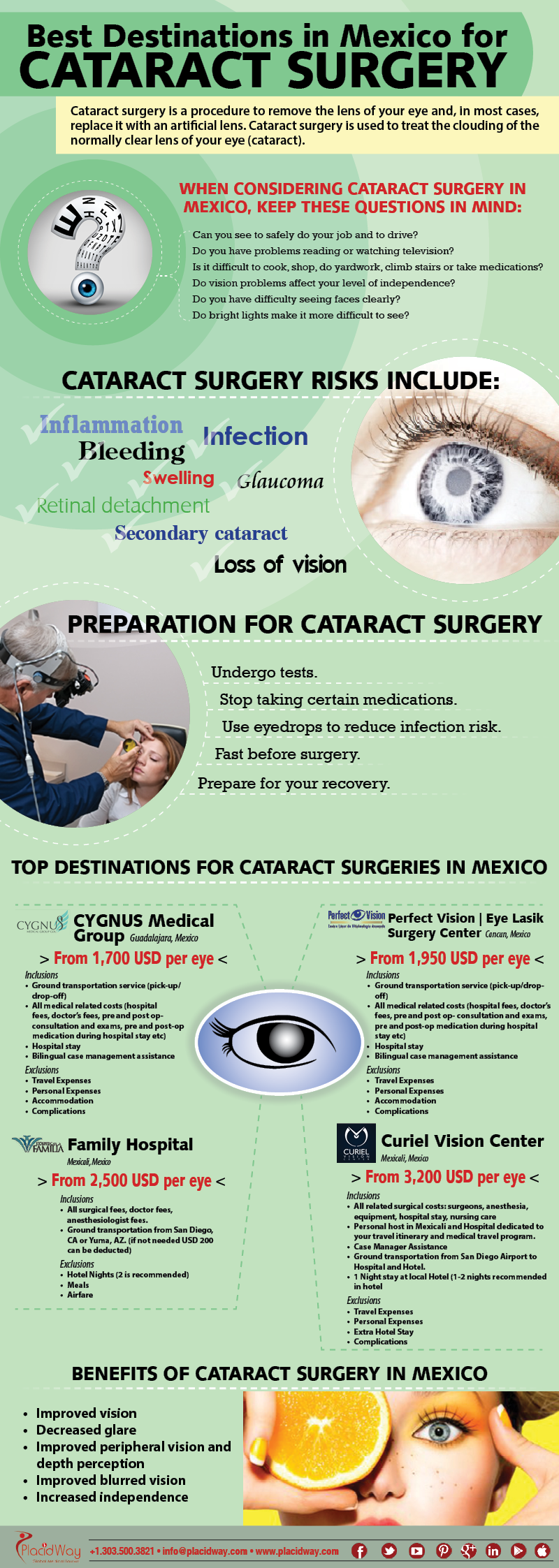The Complete FAQ On Refractive Lens Exchange: Essential Information You Required To Know
The Complete FAQ On Refractive Lens Exchange: Essential Information You Required To Know
Blog Article
Web Content Author-Valencia Lorentzen
If you're taking into consideration refractive lens exchange, you probably have a lot of concerns. This procedure could alter just how you see the world, using benefits like lowered dependancy on glasses. Nevertheless, it's essential to understand the procedure, threats, and that certifies as a great prospect. Let's discover these crucial facets so you can make an enlightened choice concerning whether RLE is right for you.
What Is Refractive Lens Exchange and Just How Does It Function?
Refractive lens exchange (RLE) is a surgical procedure designed to replace your eye's natural lens with an artificial one, remedying vision concerns like nearsightedness, farsightedness, or presbyopia.
During the procedure, your doctor makes a small laceration in the eye, removes your all-natural lens, and inserts an intraocular lens (IOL) tailored to your vision needs. This outpatient surgery usually takes about 15 to thirty minutes per eye and is done under neighborhood anesthesia.
You'll likely see improvements in your vision virtually right away, though complete healing might take a few weeks. RLE is specifically advantageous for those over 40 or with high prescriptions, providing a long-lasting remedy compared to glasses or call lenses.
Your eye care specialist can assist establish if RLE is right for you.
What Are the Advantages and Dangers of Refractive Lens Exchange?
Selecting refractive lens exchange can lead to significant renovations in your vision, yet it's important to consider both the benefits and dangers prior to choosing.
On the plus side, this procedure can improve your vision by dealing with issues like presbyopia, myopia, and hyperopia. Lots of patients take pleasure in reduced dependence on glasses or get in touch with lenses, which can significantly enhance their lifestyle.
Nonetheless, Dog Cataract Surgery Before And After to think about possible threats. Difficulties can consist of infection, glow, or halos around lights.
There's also a possibility of overcorrection or undercorrection, which might need additional treatments.
That Is an Ideal Candidate for Refractive Lens Exchange?
If you're considering refractive lens exchange, it is very important to recognize whether you fit the account of an excellent candidate. Normally, you may be a good candidate if you're over 40, experience presbyopia, or have high degrees of nearsightedness or farsightedness.
It's likewise vital that your vision is steady, suggesting your prescription hasn't altered substantially in the past year. If Cataract Surgery Does What have cataracts or other eye problems, you might benefit from this procedure also.
Nonetheless, particular factors, like uncontrolled diabetes mellitus or autoimmune conditions, can disqualify you. To determine your candidacy, seek advice from an eye treatment expert that can assess your certain scenario and recommend the best course of action tailored to your demands.
Conclusion
To conclude, refractive lens exchange can be a transformative alternative for enhancing your vision, especially if you're over 40 or have a high prescription. While the advantages are significant, it's vital to weigh the dangers and seek advice from your eye treatment expert to determine if you're a perfect candidate. With the best info and support, you can make an educated decision and potentially appreciate a life with decreased dependence on glasses.
